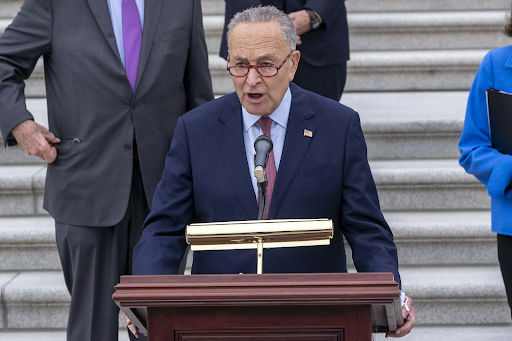House Speaker Mike Johnson is engaged in a high-risk, high-reward gambit to win the government shutdown fight. His strategy—to pass a “clean” funding bill and then refuse to negotiate further—is a bold play designed to break the will of Senate Democrats. The repeated failure of Senate votes, including on Wednesday, is, in a way, a sign that his gambit is holding the line, though the political risks are escalating daily.
The core of Johnson’s strategy is to simplify the public narrative. He wants the debate to be about one thing: what he calls the Democrats’ refusal to pass a straightforward bill to keep the government open. By keeping the House in recess, he physically removes it from the negotiating table, reinforcing the message that the solution lies solely within the Senate.
This is a risky maneuver. As the shutdown’s negative impacts grow—disrupted air travel, missed military pay—the public may grow impatient with procedural arguments and start to blame the party that appears to be obstructing a broader deal. His sharp rhetoric, including the “communist” jab at Senator Schumer, could also backfire, making him seem like a partisan aggressor rather than a reasonable leader.
The potential reward, however, is significant. If Democrats cave and pass his clean bill, Johnson will emerge with a major political victory, having stared down the Senate and protected his party from having to vote on an expansion of the Affordable Care Act. It would cement his authority as Speaker and energize his conservative base.
For now, the gambit continues. Johnson is betting that he can hold his conference together and that the political pain will fall more heavily on the Democrats. It is a test of nerve and political skill that will define his speakership and determine the outcome of the shutdown.

